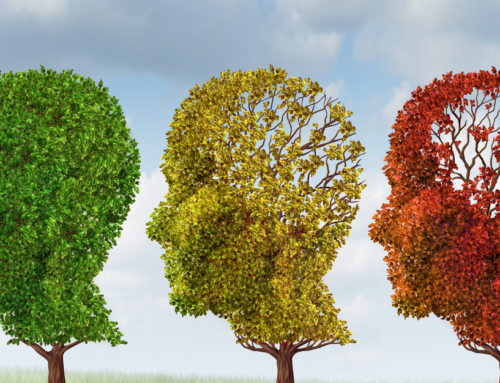
Have you been told you don’t need your gallbladder? Think again. Sure, you’ll live without it, but the gallbladder is actually a vital digestive organ. If you have Hashimoto’s hypothyroidism, you need to pay extra attention to your gallbladder.
How Hashimoto’s hypothyroidism can impair gallbladder function
Hypothyroidism has been shown to make the gallbladder distended and sluggish, thus not releasing enough bile. This makes it difficult for the liver to detoxify. The liver breaks down hormones, filters toxins, and cleans the blood. Byproducts from all these processes go through the gallbladder for final removal. Since thyroid hormones are converted into a usable form in the liver, hypothyroidism creates a vicious cycle with poor gallbladder function. Managing Hashimoto’s hypothyroidism is a vital to improving gallbladder health.
The gallbladder stores bile, a chemical made by the liver that emulsifies fat, and secretes it into the small intestine when needed.
Bile is necessary for the digestion and absorption of fats, and it helps ensure you absorb vitamins and minerals from foods in your diet.
Gallstones and a congested gallbladder
Gallbladder removal is one of the most common surgeries today and is performed when the gallbladder becomes congested with gallstones.
Things that can cause gallstones are nutritional deficiencies, hydrogenated fats (trans fats), processed vegetable oils, hypothyroidism, and no-fat or low-fat diets.
The gallbladder there is like a holding tank for bile that secretes it as needed, such as when you eat something fatty.
Without a gallbladder the liver continuously leaks bile into the small intestine.
This means there is not enough stored bile to digest fats. As a result, fats can be become rancid and irritate and inflame the digestive tract. This can result in not only discomfort, but also poor digestive function and inadequate absorption of nutrients.
If you have a gallbladder but it’s sluggish and congested with stones, this backs up the liver’s detoxification pathways. As a result, the liver cannot effectively detoxify hormones, toxins, and other metabolites.
This is why it’s so important to manage your Hashimoto’s hypothyroidism to protect your gallbladder health.
Things to watch out for if you’re gallbladder has been removed
Gallbladder removal puts you at risk for deficiencies of essential fatty acids, which are vital for good brain health and hormone function, and fat-soluble vitamins, such as vitamin D, A, and E, which are especially important for good immune health.
Also, if the gallbladder isn’t there to emulsify fats, the health of the entire digestive tract may become compromised. Studies suggest gallbladder removal increases the risk of colon cancer.
How to support gallbladder health when you have Hashimoto’s hypothyroidism
Luckily, various nutritional compounds support gallbladder health, fat digestion, and liver detoxification, including dandelion root, milk thistle seed extract, ginger root, phosphatidylcholine, and taurine.
These compounds can also help if your gallbladder has been removed, along with ox bile.
Maintaining good gallbladder health when you have Hashimoto’s hypothyroidism
Following are some tips to support good gallbladder health when you have Hashimoto’s hypothyroidism:
- Manage your autoimmune thyroid condition — this goes beyond thyroid hormone replacement to include regulating the immune system
- Eat a diet high in fiber
- Avoid refined and excess starchy carbohydrates (white flour, sugar, potatoes, etc.)
- Avoid trans fats, hydrogenated fats, and processed vegetable oils
- Get plenty of essential fatty acids and omega 3s
- Eliminate food intolerances
Contact our team of experts for more advice on how to support your gallbladder and digestive health if your gallbladder has been removed or if you have Hashimoto’s hypothyroidism.
SHARE ONLINE:
[social_buttons nectar_love=”true” facebook=”true” twitter=”true” pinterest=”true” google_plus=”true” linkedin=”true”]





